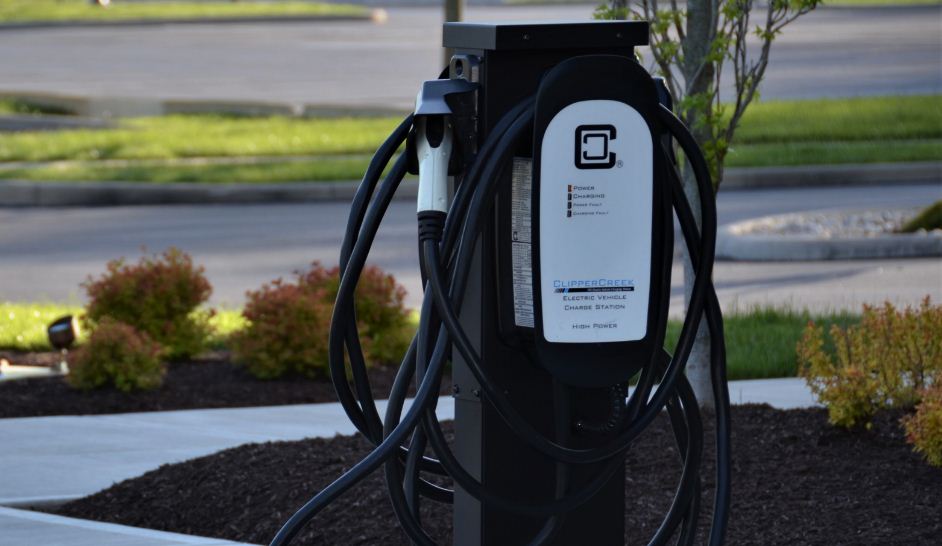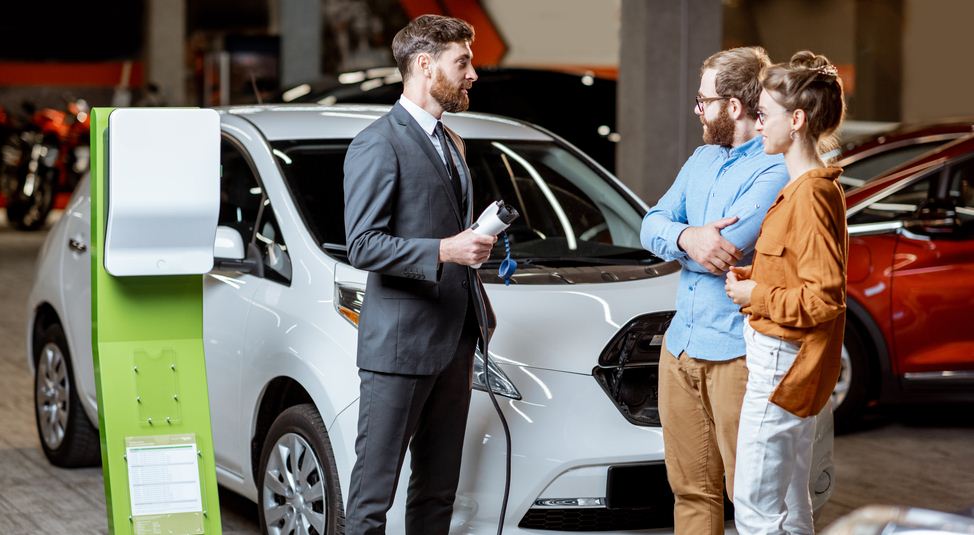Becoming a key player in the electrification of transportation and the automotive fleet in general, through public-private partnerships that allow to boost investments and accelerate technological development, represent key aspects in Vehya’s operation and vision.
Of American origin, the company sees in countries such as Brazil fertile territory to develop its major electrification project, in line with its roadmap towards decarbonization.
Vehya is working on the preparation of an infrastructure for the migration from the combustion car model to electric vehicles, thus reducing CO2 emissions.
The strategy also envisages the growth of the economy by creating jobs, training the workforce and attracting investment.
Lee también: Blink Charging Relies on Public Incentives to Increase Investment in Charging Infrastructure
Focus of the operation
Vehya is a platform that combines technology and project management to facilitate the Electrification of Things (EoT) process for electric vehicle owners, car dealers, car manufacturers, energy supply companies and electric service providers.
The company operates with a focus on the installation of sustainable products, such as electric car chargers, solar panels and energy storage devices.
Among Vehya‘s bets is the significant increase in demand for labor in the electrical sector and its consequences: as the demand for electric cars increases.
The boom in this market increases the need for trained service providers to prepare the necessary infrastructure and offer underlying services such as maintenance and charger upgrades.

Willingness to Partner with the Public Sector
At a meeting to discuss the future of electromobility in Brazil, the National Secretary of Urban Environment and Environmental Quality of the Ministry of Environment and Climate Change, Adalberto Maluf, and Vehya’s Business Development Manager for Latin America, Daniela Garcia discussed how building public-private partnerships (PPPs) can support the transition and make Brazil a reference in the electromobility market.
“We strongly believe in the potential of the electromobility market in Brazil, generating employment, reducing informality and connecting key industry leaders,” Garcia highlighted.
The executive affirmed that Vehya wants to contribute to the development of the workforce that will install the electric infrastructure and maintain the proper functioning of the electromobility ecosystem through services, in line with the MaaS [Mobility as a Service] industry trend.”
In this sense, the company has a plan to train and certify one hundred thousand electricians in Brazil until 2035, capable of installing and repairing the structures required by electric vehicles.
According to the company, this model is already being implemented in the United States, with great adhesion. Through its app, Vehya is able to transform ordinary people into certified electrical service technicians through online training, in the same way that Uber turns ordinary people into professional drivers.
For his part, Maluf believes that initiatives like this prepare the country for a new chapter in urban mobility. “The transportation sector is one of the biggest emitters of local pollutants and greenhouse gases.”
He stressed that having the support of agencies and companies like Vehya, which generate real-time data on the adoption of electromobility and other cleaner modes and generate information and solutions for society on the subject, helps public authorities make more assertive decisions and prepare plans to support sustainability policies.
Electromobility Impact
According to figures from the Economic Commission for Latin America and the Caribbean (ECLAC), transportation is the largest contributor of greenhouse gas (GHG) emissions in Latin America. It accounts for 34% of global energy-related GHG emissions, in contrast to OECD countries, which emit only 28%.
The organization highlights that a complete transition to electromobility would produce savings of US$30 billion in public health in the region.
In the economic sphere, the impact of electric mobility is significant, taking into account that, according to figures published by the Labor Organization (ILO), one out of every two people employed in Latin America are informal workers. In Brazil, this item represents 37.6%.
In this sense, Vehya seeks to encourage workers to join the formal sector through training and apprenticeship programs aimed at 100,000 electricians.
Historic Increase
The adoption of electrified vehicles in Brazil in the first three months of 2023 exceeded the historical average and ratifies the gradual movement observed in other countries that have adopted electromobility.
In the first quarter, electric vehicle sales accounted for 3.4% of total sales and it is estimated that 135,000 electrified light vehicles are already circulating in Brazil.
In this same line of growth, 2022 represented a 41% increase in sales of electric models compared to the previous year. The data are from ABVE (Brazilian Association of Electric Vehicles).
It should be noted that Vehya is a member of the Association, in which it plays an active role in generating proposals that contribute to the development of electric mobility.
Expansion
With the successful backing of operations in Brazil, Vehya has on the horizon the expansion to other latitudes in the region, in line with its objectives to lead the energy transition.
In the short term, the company will announce official operations in another country, which represents a significant step in its roadmap.




